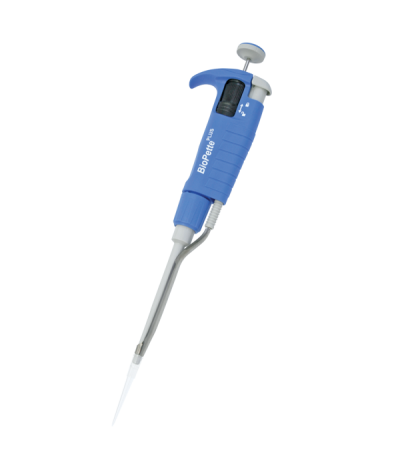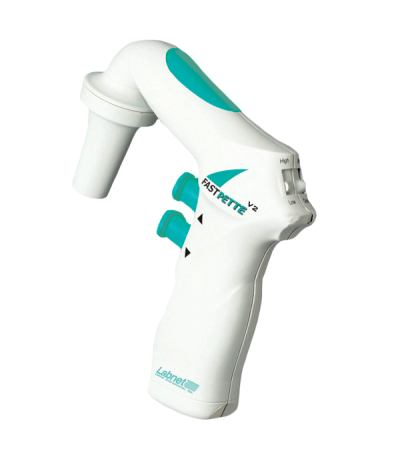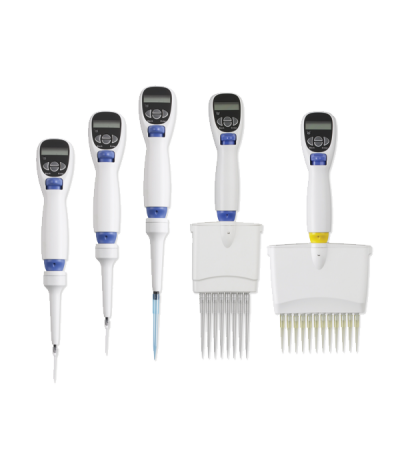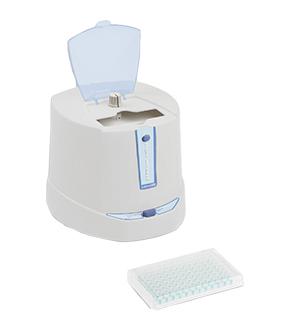Pipette Best Practices
High volume pipetting as part of daily lab work can quickly become routine. Before engaging the autopilot during this vital lab task, take a minute to review these best practices.
To make it easy to recall, we used something that you usually try to ignore: TV ADS. Don’t fast forward through these reminders!
With all of the liquid handling options available on the market today, choosing the right product for your lab can seem like a confusing, oftentimes annoying chore.
From manual pipettes to electronic pipetting products, the range of products that’s available for your lab is pretty impressive. And while many products offer flexible options, depending on the duration and repetition of your pipetting, motorized products that can offer improved ergonomics without losing any pipetting accuracy may just be your best best.
Think you know your liquid handling equipment? Test your knowledge with a new slideshow from Labnet International featuring some of our well-known (and some lesser known!) Labnet pipettes, electronic pipettes, and more!
Good pipetting requires a real team effort that includes you and your lab personnel, the liquid handling instruments you use, and a sense of diligence when it comes to properly caring for your liquid handling equipment.
Maintaining the quality and integrity of your DNA samples in the lab is crucial to successful PCR, as there are multiple factors at play to ensure you end up with a high yield of amplified DNA once PCR is completed.
Without proper liquid handling techniques (see Labnet’s Pipette Best Practices), you run the risk of an incomplete mixture of your specific reaction reagents and DNA samples, leading to a reduction in the quality and quantity of your PCR yield.




